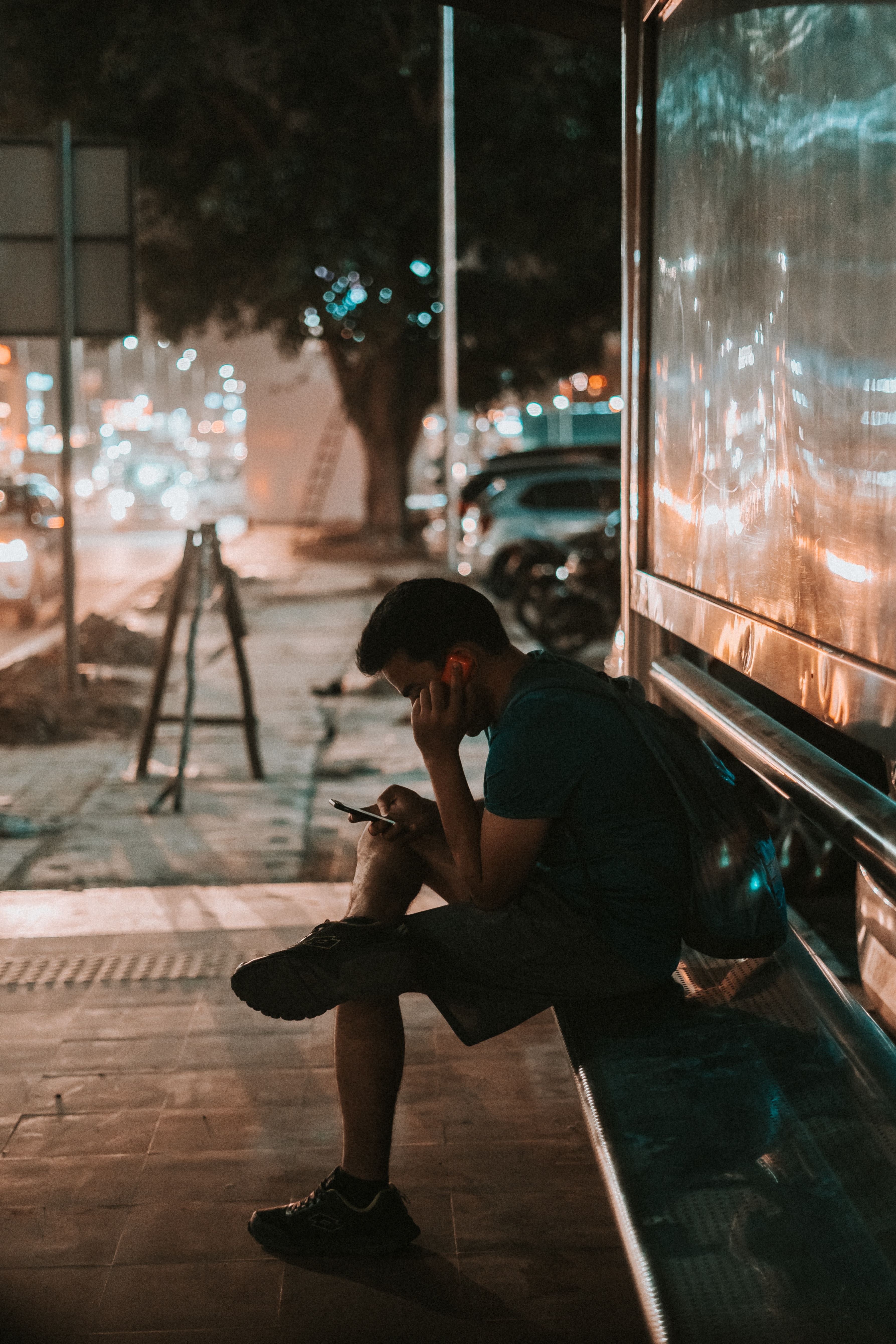New Zealand’s first online generation struggles with anxiety

According to recent findings in New Zealand, one young adult in every five has sought mental health treatment in the past year. A study following a group of people born in Wellington between 1988 and 1989 has discovered that 19% of those interviewed “thought about or attempted suicide” in the year before they were last interviewed. Furthermore, 22% of them have “sought help for a mental health problem” in the last year. “It does feel like people are more pressured now, living with that sense of urgency, that sense of restlessness and impending doom,” Auckland psychologist Dr Joe Guse commented. On the other hand, Mental Health Foundation head Shaun Robinson sees the positive side in that one in five people are seeking help: “You wouldn't expect to live your life and not have a time of some level of physical unwellness, and it's the same with mental health.”
IZA World of Labor Richard Layard has also explored how, with modern psychological therapy, mentally ill people can become more productive and more satisfied with life. In his article, he notes: “In a typical country, one in five people suffers from a mental illness, the great majority from depression or crippling anxiety. Mental illness accounts for half of all illness up to age 45 in rich countries, making it the most prevalent disease among working-age people.” “Mentally ill people are less likely to be employed and, if employed, more likely to be out sick or working below par. If mentally ill people received treatment so that they had the same employment rate as the rest of the population, total employment would be 4% higher, adding many billions to national output,” Layard adds.
Millennials today experience the pressures of modern day life in a completely different way to any other generation as they live much of their lives online. 79% of women and 56% of men are social networking, and 7% of women and 35% of men are playing games online. Guse adds: “Dating is different. If you think about things that didn't exist even 10 years ago—Uber, Tinder, Snapchat, sexting.” According to him, millennials as a whole are also a sleep-deprived generation due to taking their phones to bed. Over time, the effects are numerous and range between changing levels of irritability, sense of hope and even sense of purpose.
Mental health peer support worker for young people in Wellington aged 18–25, Saskia Ymker, also thinks that her generation feels a lot of pressure. “There is just so much pressure on us—our lifestyle, our culture, even our opportunities. We really can do anything we want. But it's also huge and overwhelming—wow, I can do anything, but where on Earth do I start?,” Ymker comments. "We have been taught to think about all the things that might go wrong, in the hope that we might safeguard the process better. But actually there is always a certain amount of risk—you just have to give it a go and trust that it will work out."
For Ymker, sharing her struggles in her university lab group has been a step that’s brought her closer to working those problems out. She was amazed to find that she was not alone: “When you hear stories you can look around at the other people and see how different people cope with these pressures, and you can start to create a bit of movement in your own life about how you deal with them.”
Read Richard Layard's article The economics of mental health.